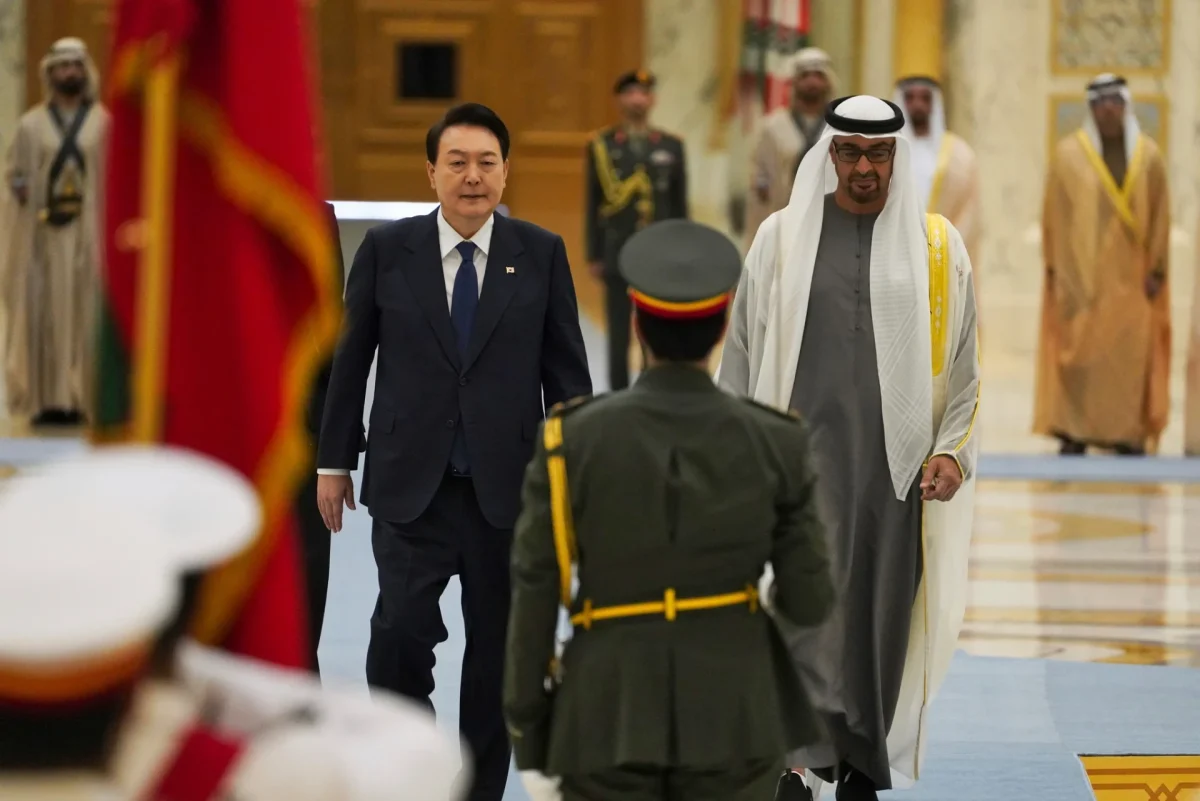Yoon, speaking to South Korean troops stationed in Abu Dhabi earlier this week, stated South Korea and the UAE are under “very similar” circumstances, each facing North Korea and Iran as “the enemy, biggest threat.”
Yoon’s office has announced his comment was intended as words of encouragement for South Korean soldiers while the foreign ministry said on Thursday it had repeatedly offered explanations to Tehran.
Unappeased, Tehran summoned South Korean ambassador Yun Kang-hyeon on Wednesday, warning that bilateral ties could be reviewed if the issue was not resolved.
Iran’s deputy foreign minister for legal affairs, Reza Najafi, told Yun that Tehran has “deep-rooted and friendly relations” with most neighbours. He described Yoon’s comment as “interfering”, adding that Yoon was “undermining peace and stability in the region.”
Najafi also accused Seoul of pursuing an “unfriendly approach” toward Iran, and mentioned the issue of frozen funds.
Relations between Seoul and Tehran had already been testy over frozen Iranian funds in South Korea. Tehran has repeatedly demanded the release of some $7 billion of its funds frozen in South Korean banks under US sanctions.
Hours later on Thursday, South Korea’s Foreign Ministry announced its vice minister Cho Hyun-dong had called in Iran’s ambassador in Seoul, Saeed Badamchi Shabestari, to complain about Najafi’s remarks.
The ministry added Najafi had made a “completely groundless” claim that Yoon had hinted at developing a nuclear weapon.
Yoon noted last week that Seoul might have to push to redeploy US tactical nuclear weapons or build its own bombs to deter North Korea, but is working instead to improve joint planning and execution of so-called US extended deterrence or military capability including nuclear forces as a “realistic, achievable” means.
“Our president’s remarks were intended to strengthen the effectiveness of the extended deterrence to counter North Korea’s escalating nuclear and missile threats,” ministry spokesperson Lim Soo-suk told a briefing.
